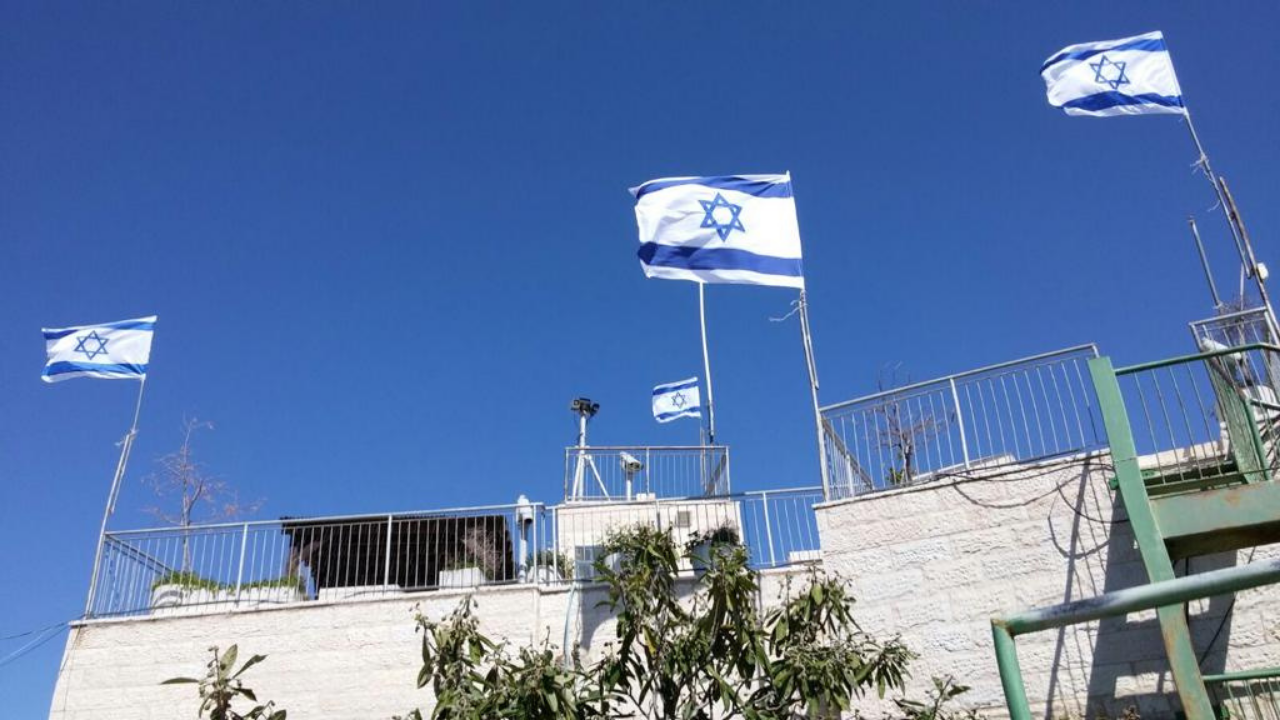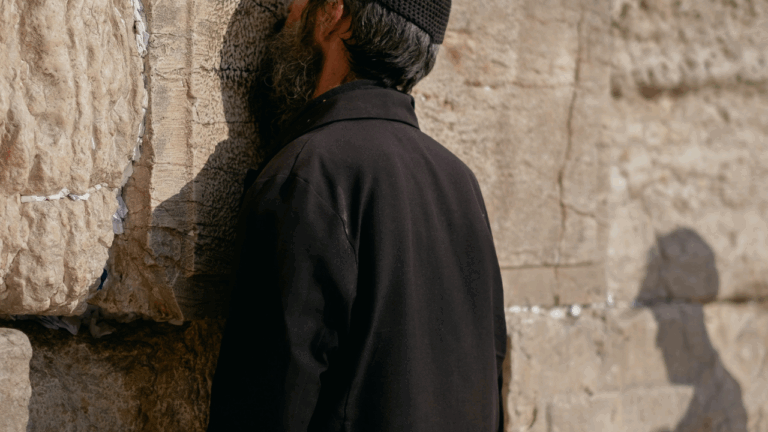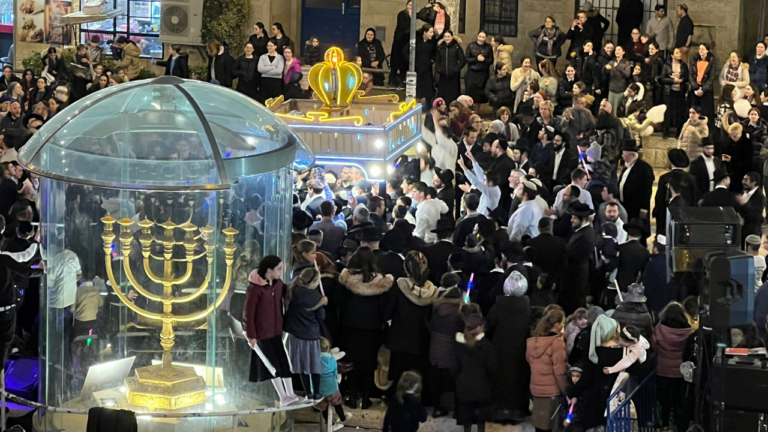Eliyahu HaNavi and the Loyalty of the Jewish People to Jerusalem
This year, we have the merit of mentioning Eliyahu HaNavi on two consecutive days. First, during this Shabbat’s haftorah we read about the coming of Eliyahu in the end of days as the heralder of redemption. He will reunite the Jewish people by “returning the hearts of the parents to their children and the hearts of the children to their parents.” Then, on Saturday night at the Seder we open our door to greet Eliyahu. Why is it specifically Eliyahu who comes before the redemption and at the Seder?
If I recall correctly, Rav Kook writes that this represents a rectification for Eliyahu’s misdemeanor. After the episode in which Eliyahu orchestrates a public miracle in which God sent down a fire on the altar made by Eliyahu, the people declare “Hashem is the God!” One would think that Eliyahu has successfully proven to the people the worthlessness of idolatry and that from here on in they will be loyal to Hashem. However, one chapter later we find Eliyahu running away as a fugitive, with Achav and his men wanting to kill him. Eliyahu complains to God that the Jewish people have violated the covenant with God and are worshipping idols.
Instead of God being sympathetic to Eliyahu’s plight, He summarily discharges Eliyahu from his duties as a prophet and a leader. God tells Eliyahu to appoint Elisha as his successor and soon afterwards Eliyahu ascends to the heavens in a storm.
Why? Would it not have been better for God to treat Eliyahu mercifully and “understand” where his harsh words were coming from? In his succinct words, Rashi explains the following as God’s underlying intention: “I do not want your prophecy since you plead for the prosecution of My children.” Eliyahu lost his faith in the people and therefore could no longer be their leader.
As a rectification for this loss of faith in the Jewish people, God sends Eliyahu to this world to witness the loyalty of the Jewish people to God and His Torah. Eliyahu appears at a Brit Milah and at the Seder of Pesach – the times when the Jewish people express their commitment to Jewish traditions and continuity. And it is Eliyahu who will come to the Jewish people to tell them that their loyalty will be rewarded with the final redemption.
Perhaps nothing represents this stubborn loyalty of the Jewish people to God and His Torah more than Yerushalayim. While the Jewish people always had the Torah with them, the city of Yerushalayim was a far off dream, an almost mythical place that they would never see or feel. And, yet, the Jewish people remained loyal and connected to the city. At the highpoints of every year, such as at the end of the Seder, the Jewish people sing “Next year in Yerushalayim” and link the Jewish continuity that is facilitated by the Seder to our holy city.
In fact, at the seder we go straight from opening our doors for Eliyahu HaNavi to singing Hallel, to our song about Yerushalayim. Eliyahu, the witness of Jewish steadfastness and loyalty, presumably stays to hear us sing about our commitment to Yerushalayim.



